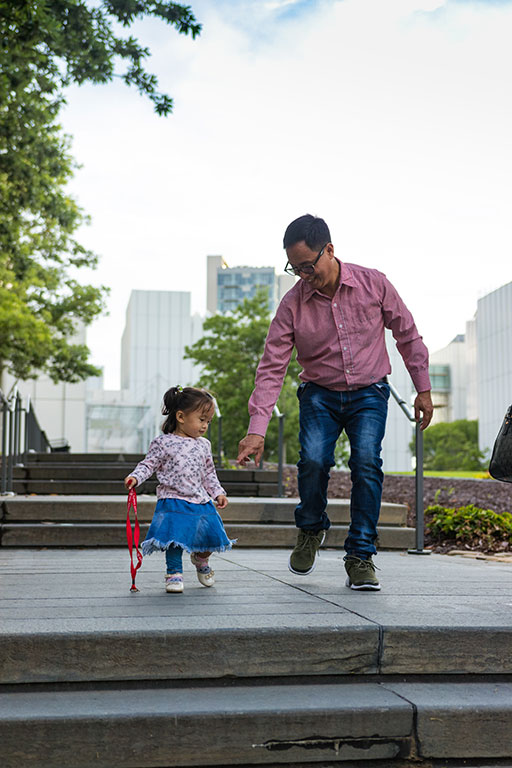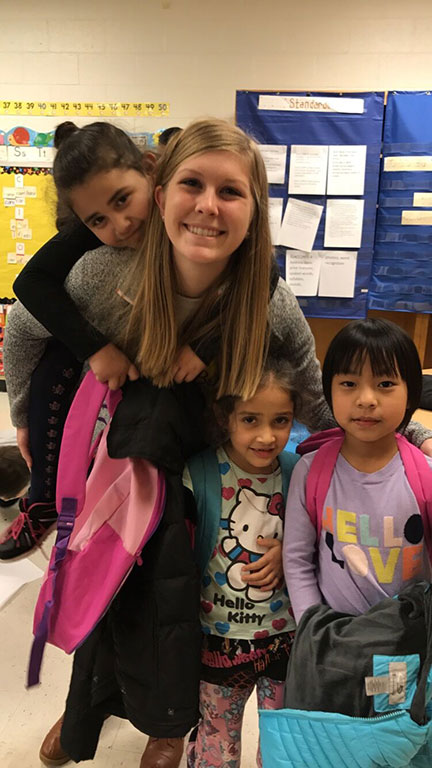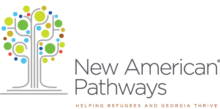frequently Asked Questions
| New American Pathways
ARE YOUR SERVICES LIMITED ONLY TO REFUGEES?
Some of our services are limited to refugees and are based on specific federal funding sources that are limited to refugees who have been in the United States for a certain period of time. But the majority of our programs have the ability to serve anyone with an immigrant background, including our Education and Youth, Family Empowerment, Forward Adult Education, Immigration and Civic Engagement programs. Check out the ‘Need Services?’ page to determine eligibility for our programs.
I AM IN A REFUGREE CAMP ABROAD, CAN YOU HELP RESETTLE ME?
Unfortunately, we do not have the ability to determine who is approved for resettlement. Cases are assigned through our national affiliate, Church World Service, and cases are processed by the United States Department of State, the United Nations, and NGOs local to the resettlement camp or community seeking refugee resettlement. However, if you have specific questions pertaining to immigration status, please contact our Immigration Department.


| REFUGEE RESETTLEMENT


WHAT IS A REFUGEE, WHAT DOES REFUGEE STATUS MEAN?
The United Nations Definition of a refugee is “A refugee is someone who has been forced to flee his or her country because of persecution, war or violence. A refugee has a well-founded fear of persecution for reasons of race, religion, nationality, political opinion or membership in a particular social group. Most likely, they cannot return home or are afraid to do so. War and ethnic, tribal and religious violence are leading causes of refugees fleeing their countries.”
Refugee status in the United States means that a refugee has applied for resettlement abroad and has been granted the opportunity to resettle here. Refugee status is a type of immigrant documentation in the United states.
HOW DO REFUGEES GET HERE?
After an individual flees their home county and is identified as a refugee by the United Nations, if given the opportunity, they may apply for resettlement in the United States. What follows is a rigorous screening process that can take two or more years to complete. After they are accepted, they are assigned an agency and location for resettlement, and then are booked to travel to their new home. Refugees’ airfare costs are a loan and they are expected to pay back their travel in a timely manner.
